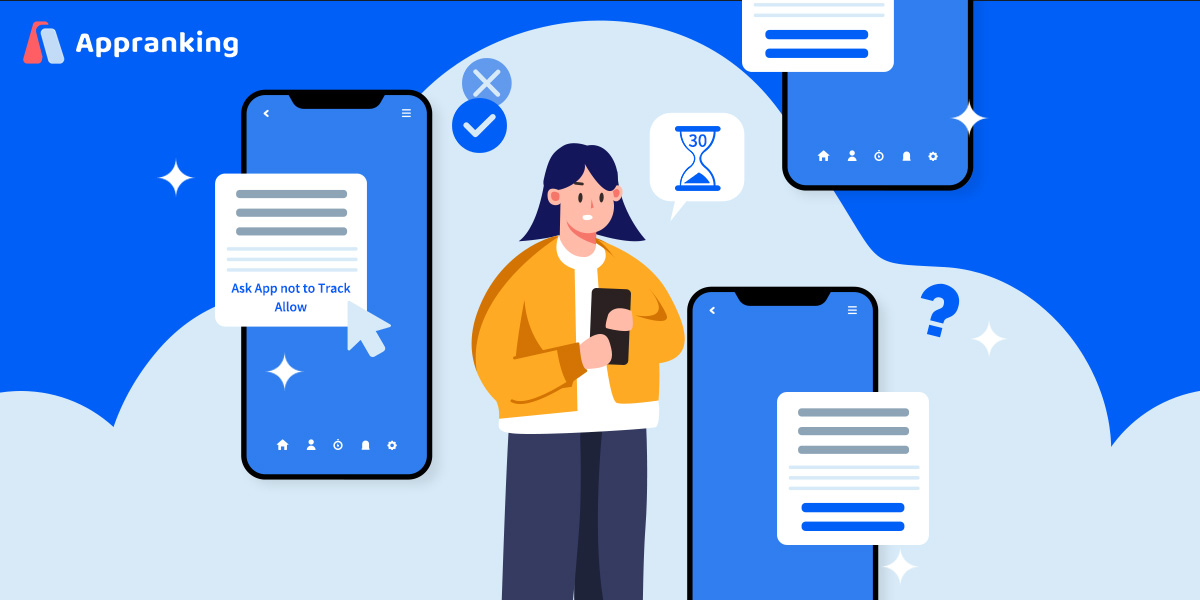What is App Tracking Transparency (ATT)?
App Tracking Transparency (ATT) is a privacy feature introduced by Apple in iOS 14.5 and later versions. It gives users greater control over their personal data and how it is used by apps on their devices. ATT requires apps to obtain explicit permission from users before tracking their activity across other apps or websites owned by different companies.
Why is App Tracking Transparency (ATT) important?
When an app wants to track a user's data, such as their browsing habits, location information, or personal identifiers, it must present a prompt asking for permission. The prompt explicitly asks the user if they want to allow the app to track their activity for targeted advertising purposes. The user can choose to allow or deny the request.
Before ATT, apps could track user data across different apps and services without explicit permission, often for targeted advertising purposes. This practice raised concerns about user privacy and led to the development of the ATT framework.
With ATT, users have more transparency and control over their data. They can choose to grant or deny tracking permissions on an app-by-app basis. If a user denies tracking permission, the app is restricted from accessing the device's Identifier for Advertisers (IDFA), a unique identifier used for targeted advertising.
By implementing ATT, Apple aims to empower users to make informed decisions about their privacy and provide them with more control over how their personal information is shared and used by third-party apps
What is the impact of ATT on advertisers?
Apple changed AppTrackingTransparency. In the new era of privacy, marketers have tried a variety of different things to adjust to social advertising targeting. Narrowing Privacy Environment: Challenges & Solutions For Social Audience Targeting In App Marketing

What is the Golden Timing Between ATT Pop-up and Pop-out?
Timing is crucial for ATT pop-ups, as the optimal "golden window" usually falls between 6 to 30 seconds of gameplay. 



